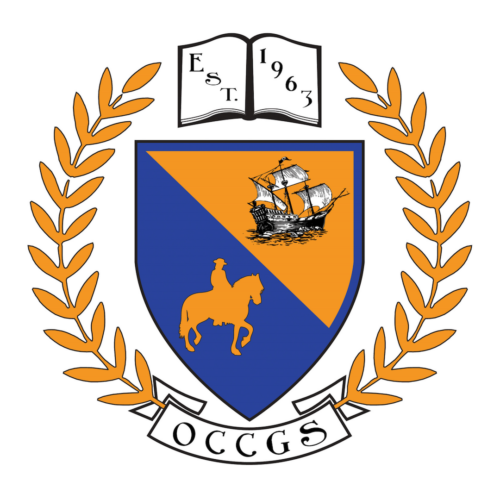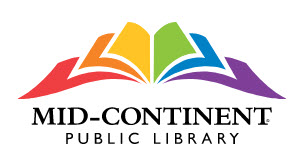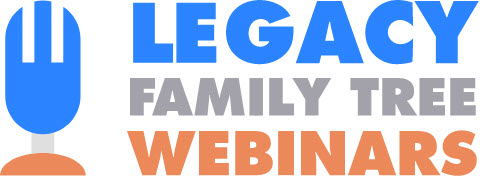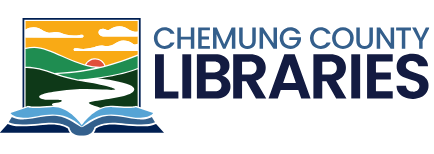
Incorporating DNA Evidence Into a Proof Argument
This session will follow the lecture regarding cluster research, to demonstrate how a proof argument based largely on indirect evidence can be strengthened by the incorporation of DNA evidence.

This session will follow the lecture regarding cluster research, to demonstrate how a proof argument based largely on indirect evidence can be strengthened by the incorporation of DNA evidence.
Adherence to standards is imperative for anyone who endeavors to reach credible genealogical conclusions. The Board for Certification of Genealogists (BCG)publishes the field’s only comprehensive set of criteria(standards)for evaluating genealogical work products. Significantly, application of the standards set forth in BCG’s publication is not limited to those who aspire to obtain the Certified Genealogist® credential—they are community wide standards used in producing family histories, client reports ,blogs, and other offerings.

The lecture will illustrate both methodologies and strategies for meeting the Genealogical Proof Standard when researching families that survived American slavery. The focus on strategies will arm attendees with the tools needed to overcome the challenges of researching during the antebellum period.
Genealogy standards have universal application; however, there are strategies that are particularly useful for researching African American ancestors with roots in the antebellum period who present unique challenges. This webinar will provide an overview of “best practices” for achieving credible results, by providing a conceptual foundation for tackling genealogical issues in any of the historical slave states. Meeting is a hybrid meeting. LaBrenda Garrett-Nelson will be presenting via webinar in the Beech Conference Room in the Florida History and Genealogy Library at the John F. Germany Public Library. Alternately, you can attend via Zoom webinar.


Join genealogist LaBrenda Garrett-Nelson for an insightful presentation on the unique approaches and strategies for researching African American ancestry. This lecture will explore key historical and legal developments that have generated valuable genealogical records, particularly for individuals of African descent with roots in the antebellum period. You'll also receive methodological insights and research tips that will provide a solid foundation for tackling your research in any of the former slave states. *Registration required. This is a virtual event.

Presented By LaBrenda Garrett-Nelson and the NYG&B Team Family history is a fascinating and personal way for everyone to better understand who they are and how our past has shaped us. Genealogy also helps to reveal and strengthen connections between individuals and communities. But how do you get started? Join the NYG&B and guest speaker LaBrenda Garrett-Nelson for a look at the key essentials for beginning your genealogy journey; resources and tips specific to researching enslaved people in New York State history; and how you can preserve your own New York family stories. Participants can join us in person at the NYG&B New York City office or virtually. This is a free program, but registration is required.

Researching family, associates, and neighbors (the “FAN Club”) is particularly useful for proving the identity or parentage of formerly enslaved people because researchers are less likely to find direct evidence of identity or relationships in antebellum records. This webinar will present a proof argument based largely on indirect evidence provided by a FAN Club to identify an enslaved ancestral couple.

Learn about using DNA to enhance your African-American Genealogy research.